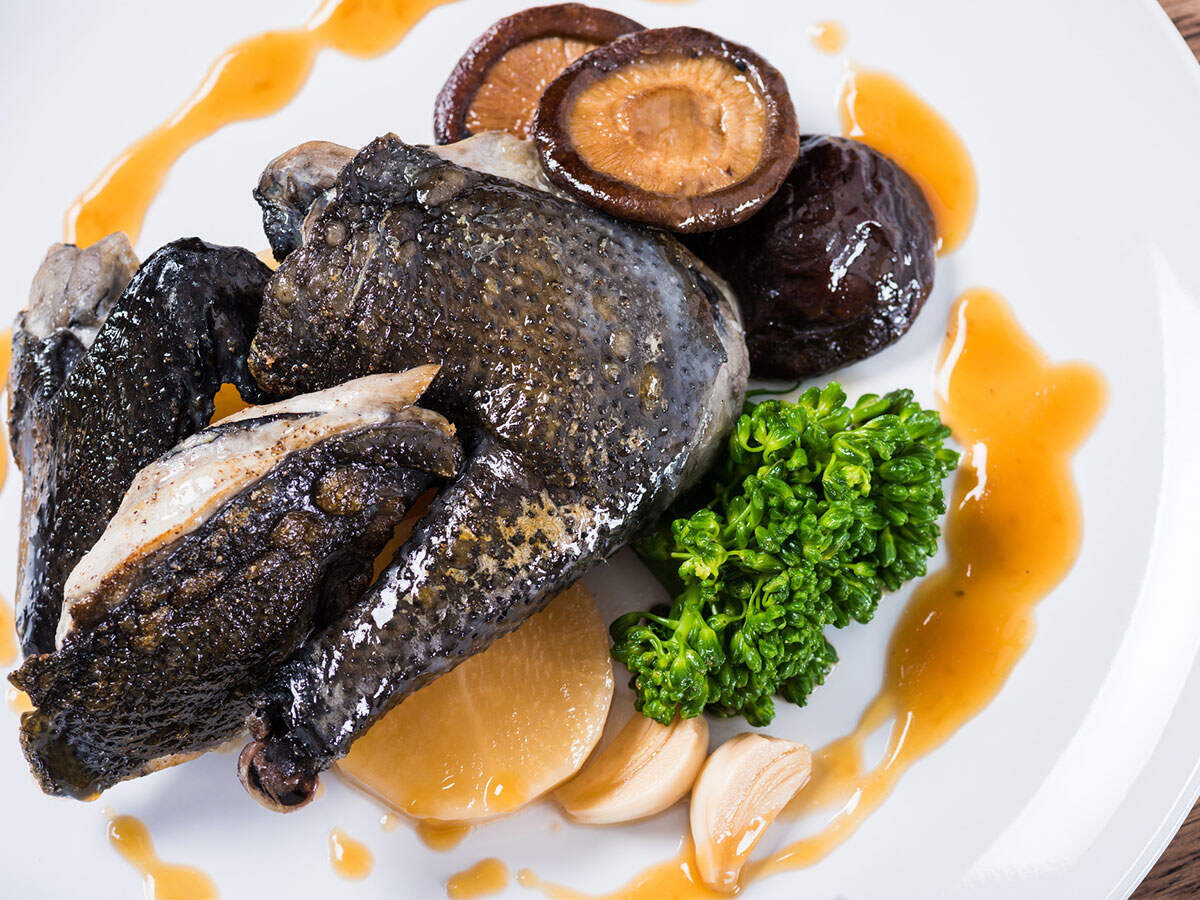
Coimbatore: The last remnants of “spring” in the district seemed to disappear on Wednesday and Thursday, when the mercury hit 35.1 degree Celsius. If the afternoons were hot and sultry, the nights too were stuffy, requiring high-speed fans or air coolers. Weather experts attribute the relatively cooler February to the late onset of summer due to a trough that is extending from Vidarbha in the North to the comorin area in the South.
With temperatures remaining under 33.5 degree Celsius for most part of February, the city residents, who are used to an early onset of summer, hoped that the entire hot season this year would be comparatively milder. They couldn’t be blamed with even the first few days of March being at least 1 degree Celsius cooler than the past several years.
Mahesh Palawat, chief meteorologist at Skymet weather services, said, “The reason the late February and the first few days of March were cooler was due to the trough extending from the North to the South, including central Kerala and interior Tamil Nadu. The trough was bringing light rainfall on and off to parts of Kerala and hilly regions of Tamil Nadu. As such, its effect was felt in the adjacent regions and on the plains too.”
However, with temperatures crossing 34 degree Celsius from Tuesday and hitting 35 degree Celsius on Wednesday, hopes of a cooler summer seemed to crumble. R Raveendran, a marathon runner and jogger in Saravanampatti, said, “We usually push our jog start timings from 6.45am to 5.4 5am by February 10 every year, because it gets too hot by the time we finish. I was surprised when we sustained our 6.45am schedule till March first week. But for the past two days it became too hot and draining when we finished. We have to start earlier now.”.
It was only after feeling dehydrated on Thursday, did Raveendran bother checking his weather app on his mobile phone. IMD and TNAU’s data confirmed his suspicions. The maximum temperature in the city has increased from 33.5 degree Celsius on March 1 to 35.1 on Wednesday.
S P Ramanathan, director, agro climate research centre, TNAU, said, “However, temperatures will remain the same for another week or so, due to the trough and then shoot up by around 2 degree Celsius or so.”
With temperatures remaining under 33.5 degree Celsius for most part of February, the city residents, who are used to an early onset of summer, hoped that the entire hot season this year would be comparatively milder. They couldn’t be blamed with even the first few days of March being at least 1 degree Celsius cooler than the past several years.
Mahesh Palawat, chief meteorologist at Skymet weather services, said, “The reason the late February and the first few days of March were cooler was due to the trough extending from the North to the South, including central Kerala and interior Tamil Nadu. The trough was bringing light rainfall on and off to parts of Kerala and hilly regions of Tamil Nadu. As such, its effect was felt in the adjacent regions and on the plains too.”
However, with temperatures crossing 34 degree Celsius from Tuesday and hitting 35 degree Celsius on Wednesday, hopes of a cooler summer seemed to crumble. R Raveendran, a marathon runner and jogger in Saravanampatti, said, “We usually push our jog start timings from 6.45am to 5.4 5am by February 10 every year, because it gets too hot by the time we finish. I was surprised when we sustained our 6.45am schedule till March first week. But for the past two days it became too hot and draining when we finished. We have to start earlier now.”.
It was only after feeling dehydrated on Thursday, did Raveendran bother checking his weather app on his mobile phone. IMD and TNAU’s data confirmed his suspicions. The maximum temperature in the city has increased from 33.5 degree Celsius on March 1 to 35.1 on Wednesday.
S P Ramanathan, director, agro climate research centre, TNAU, said, “However, temperatures will remain the same for another week or so, due to the trough and then shoot up by around 2 degree Celsius or so.”
Trending Topics
LATEST VIDEOS
City
 Delhi riots: Video of day 2 violence shows mob attacking cops with sticks, stones
Delhi riots: Video of day 2 violence shows mob attacking cops with sticks, stones  Bharuch: Man caught smuggling liquor in scooter’s footboard, video goes viral
Bharuch: Man caught smuggling liquor in scooter’s footboard, video goes viral  International Women's Day: 14-year-old girl becomes DSP 'for a day' in Maharashtra's Buldhana district
International Women's Day: 14-year-old girl becomes DSP 'for a day' in Maharashtra's Buldhana district  Nirbhaya case: 4 convicts to hang on March 20, says Delhi court
Nirbhaya case: 4 convicts to hang on March 20, says Delhi court
More from TOI
Navbharat Times
Featured Today in Travel
Get the app



